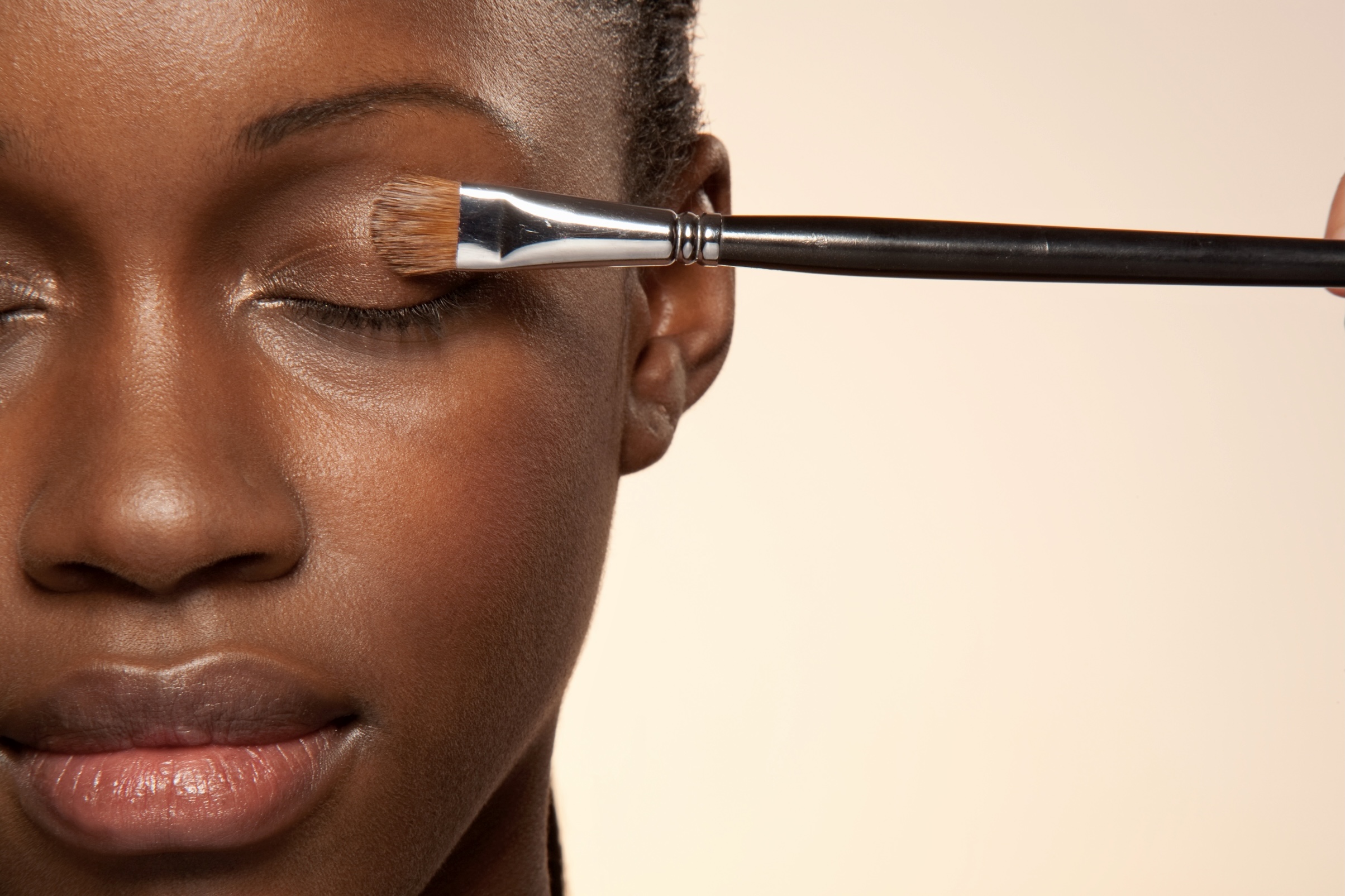December 22, 2023
The placement of power fuel plants across the United States are devastating Black women’s health and the environment.
Environmental racism is manifested in the items we use every day, with beauty products disproportionately marketed to Black women often containing toxic chemicals that may devastate their health and climate change.
Many studies have found that Black women purchase billions of dollars in personal care and beauty products each year. Notably, they possesses nine times the buying power of hair care products more than any other demographic. These items include skin lightening creams and chemical relaxers, which may reportedly increase potential risks of uterine cancer and other cancers among Black women. Not only are these health effects clear, but the placement of power fuel plants across the United States is crucial in understanding inequities among the Black community as well as the environment.
Part Of The Problem
In the U.S., the Food and Drugs Administration (FDA) cannot recall cosmetics for product contamination. This allows companies producing beauty products with lethal ingredients to often slip through the cracks. However, amid hair relaxer lawsuits by Black women, the FDA is reportedly proposing a ban on formaldehyde, a potentially hazardous chemical primarily manufactured from methanol and commonly used in products that straighten and relax curly and kinky hair. Direct exposure to Black women’s scalp and skin may cause eye, nose, throat irritation, lung cancer, blindness, asthma, and skin rashes.
The Placement Of Power Plants
Research studies have found that Black women, in particular, are more likely to reside in close proximity of power plants, including fuel and natural gas. Activists call this an environmental justice issue.
“Power plants are proven to have a direct correlation to mortality rates in these communities because their emissions reduce air quality in the surrounding areas, which causes respiratory problems such as asthma and bronchitis,” according to an article by ClimateXChange.
For example, the personal care and beauty industry produces more than 120 billion units of packaging every year globally. But most packaging is not truly recyclable. From plastic and gas pollution to excessive beauty packaging, “these poor environmental practices can increase the risk of issues like climate change – and, as a result, more natural disasters and extreme weather events,” the Women’s Media Center reported.
RELATED CONTENT: Can You Believe That Environmental Racism Impacts Aging In Black Folks?
Enter your Email Address below to get our fun-filled Newsletter!
© 2023 Black Enterprise. All Rights Reserved.

